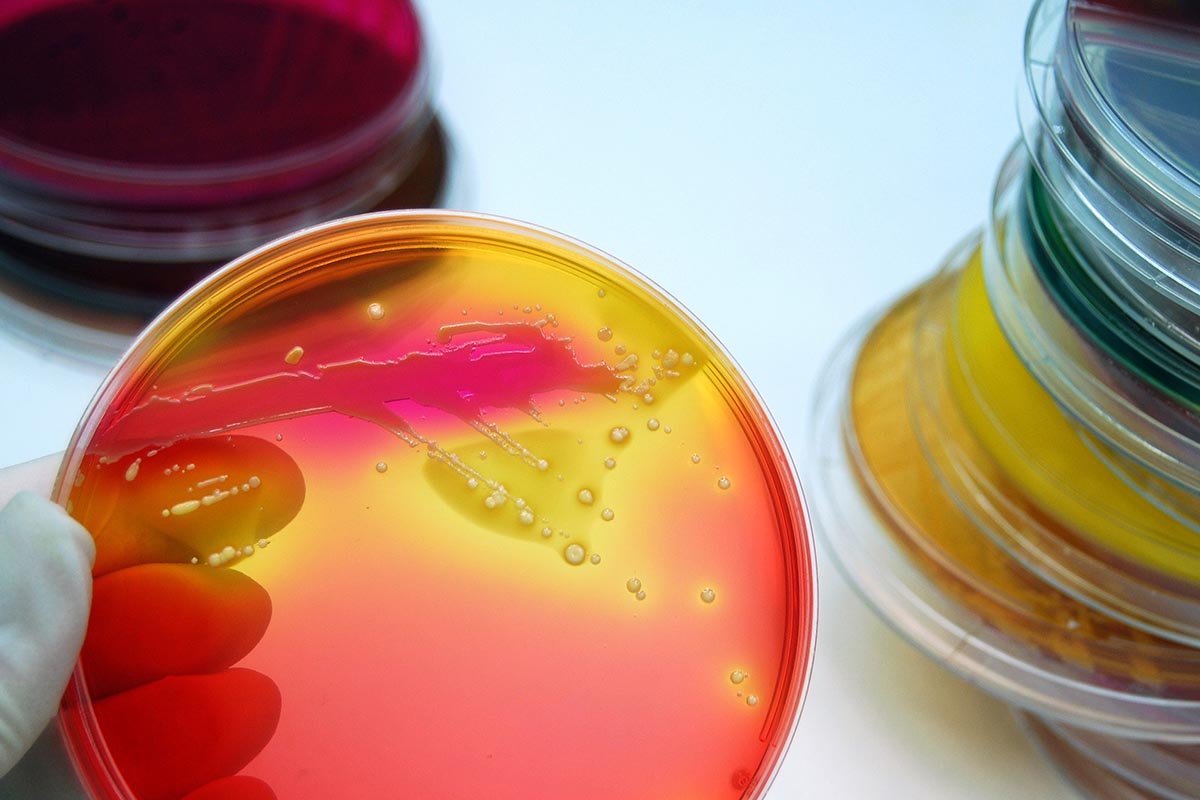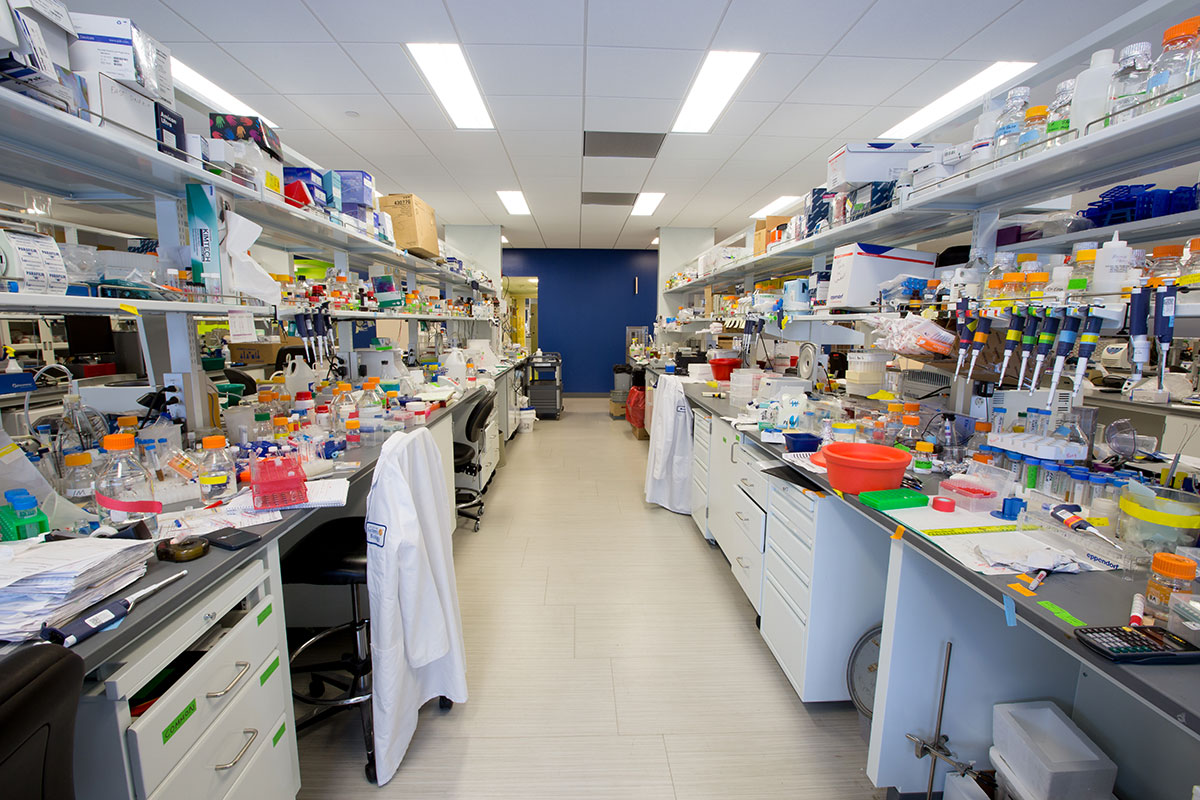-

Microbial Ecology and Evolution
Microbial communities form the foundation of our planetary life support system. We study how bacterial populations coalesce to form complex ecological communities in dynamic environments. We are particularly interested in how these evolving communities maintain stability and functional resilience in the face of environmental fluctuations. We focus on microbial communities residing in the mammalian gut. These gut microbes provide crucial services to their hosts. Loss of key bacterial diversity, changes…
-

Bioinformatic Tools and Methods
Microbial communities cannot be observed directly. We use molecular techniques to measure DNA, RNA, protein, lipids, and small molecules, which allow us to infer the form and function of microbial systems. In particular, we employ high-throughput DNA sequencing to quantify the taxonomic and functional content of a microbial community. These data are highly complex, containing many zeros (i.e. sparse), in addition to several forms of technical, sampling, and biological biases/noise…
-

Gut Microbiome and Health
The gut microbiome is an integral component of the human body – almost like an organ. Dozens of inflammatory conditions (e.g. inflammatory bowel disease, obesity, and rheumatoid arthritis) have been associated with the microbiome, in addition to several cancers and cognitive disorders. We mine large multi-omic human data sets to identify promising associations (directed and undirected) between microbial communities and human health. These associations serve as hypotheses for in vivo,…
Privacy Overview
This website uses cookies so that we can provide you with the best user experience possible. Cookie information is stored in your browser and performs functions such as recognising you when you return to our website and helping our team to understand which sections of the website you find most interesting and useful.



 gibbons.isbscience.org/research/
gibbons.isbscience.org/research/